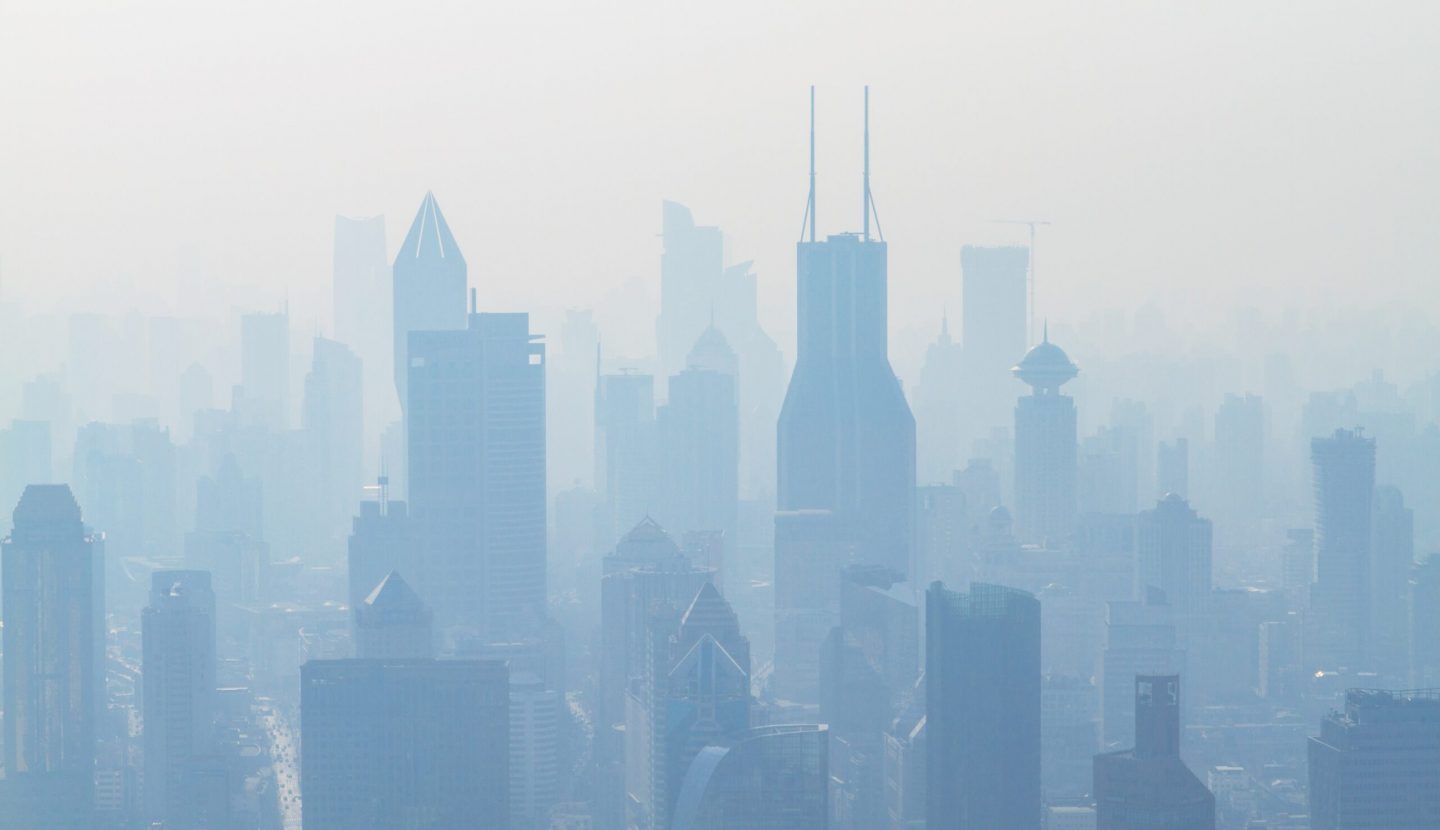This week, it was announced that the theme of the second annual International Day of Clear Air for blue skies, an occasion facilitated by the United Nations Environment Program (UNEP), will be “Healthy Air, Healthy Planet.”
The occasion will be held on September 7 and was first established by UN resolution in 2019 at the 74th session of the United Nations General Assembly. The first event, with the theme “Clean Air for All,” was held on September 7, 2020.
International Day of Clear Air for blue skies raises awareness and facilitates actions to improve air quality.
“Air pollution is a global problem, which impacts human health, planetary health and climate change,” said Inger Andersen, Executive Director of UNEP. We need to ensure that clean air is available to all, regardless of geography or socioeconomic status. To do that, the world will need to take decisive, urgent action.”
Air pollution is the largest environmental risk to global public health. In fact, it is estimated that 92 percent of the population is exposed to polluted air causing an estimated seven million premature deaths each year. Air pollution particularly impacts children, women, and the elderly, with increased links to diseases such as dementia, diabetes, COVID-19, cardiovascular and neurological diseases.
While developed countries have greatly improved their air quality in recent years, developing countries, still reliant on wood and other solid fuels for cooking and heating, are lagging behind and facing the consequences of doing so. Evidently, the result is that many vulnerable and marginalized persons also suffer from the worst air quality.
The COVID-19 pandemic revealed the impact of air pollution, with data suggesting that air pollution could be putting people at further risk of infection. The pandemic resulted in a decrease in air pollution and an increase in air quality, as air travel and car travel reduced during international lock-downs.
“As the world starts to emerge from COVID-19, we have the opportunity to lay the foundations for a green, inclusive recovery to ensure that we don’t lose the environmental gains we have made,” said Andersen.





